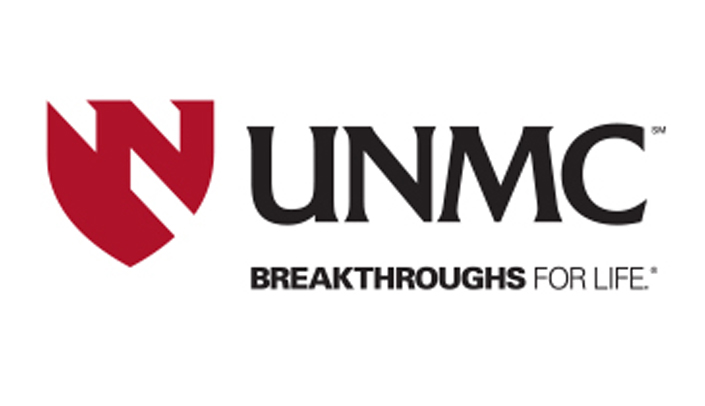University of Nebraska employees will not pay medical or dental insurance premiums in December, the result of a positive year for the NU system’s health plan that will create one-time savings for members and their families.
Interim President Susan Fritz, Ph.D., announced the “premium holiday” in a message to faculty and staff Friday. She noted that health claims are in line with projections for the year and credited the university’s chief business and human resources officers for managing the health plan “in a way that meets employees’ needs while also protecting us against an uncertain future for the health insurance industry.”
Action is not required on employees’ part; the medical and/or dental premiums that would normally be deducted from paychecks will automatically be retained in December. For an employee enrolled in the basic employee-only medical and dental plans, gross savings will be about $166 before taxes. An employee who receives basic family medical and dental coverage will realize gross savings of about $344 before taxes.
“While we are pleased to be able to provide this one-time benefit, we are mindful that this is a challenging time for the health care industry,” Dr. Fritz wrote. “Our focus will be on prudent management of our plan so it remains competitive, financially sound, and well-positioned to react to these challenges.”
Dr. Fritz concluded by encouraging employees to continue to be proactive about their health by getting regular check-ups, using generic drugs when possible, and eating healthfully and exercising.
A Q&A about the December 2019 premium holiday follows:
Who is eligible for the premium holiday?
All active employees who are enrolled in the university’s medical and/or dental insurance plans.
When is the premium holiday?
Employees will not pay medical or dental insurance premiums in December 2019.
Do I need to do anything to participate in the premium holiday?
No. You will not be charged for medical and/or dental premiums in your December paycheck(s).
What is the impact on my taxable income?
The health insurance premiums you pay are a reduction to your taxable gross income. Given that you will not pay premiums in the month of December, your taxable gross income will go up by an amount that is equal to the premium holiday savings. Per IRS regulations, this is taxable income. The university payroll system will automatically calculate and withhold tax withholdings, so no action will be required on your part.
Does the premium holiday apply to vision insurance premiums?
No. The holiday only applies to medical and dental premiums. Employees enrolled in vision care insurance will continue to pay that premium.
Rather than provide a premium holiday, why not use the health plan’s savings to offset future premium increases?
The premiums you and the university pay toward your health insurance are the recurring, or ongoing, funding for the health plan, somewhat like the plan’s monthly paycheck. The plan’s reserves, which have accumulated over a number of years, are one-time resources, somewhat similar to a savings account. The plan’s expenses, primarily medical claims, are a recurring expense that continue to increase year after year.
Using the plan’s one-time savings to pay for these recurring expenses would be an ill-advised short-term solution, as it would create a future “fiscal cliff” once the savings are exhausted. If reserves were depleted, the plan would likely be required to implement significant premium increases to get it back to sustainability. It would not be prudent to knowingly expose employees or the university’s budget to this risk. The university’s intent is to keep future premium increases as moderate and predictable as possible.
Whom should I contact for more information?
Please call the UNMC campus benefits office: (402) 559-4340.
